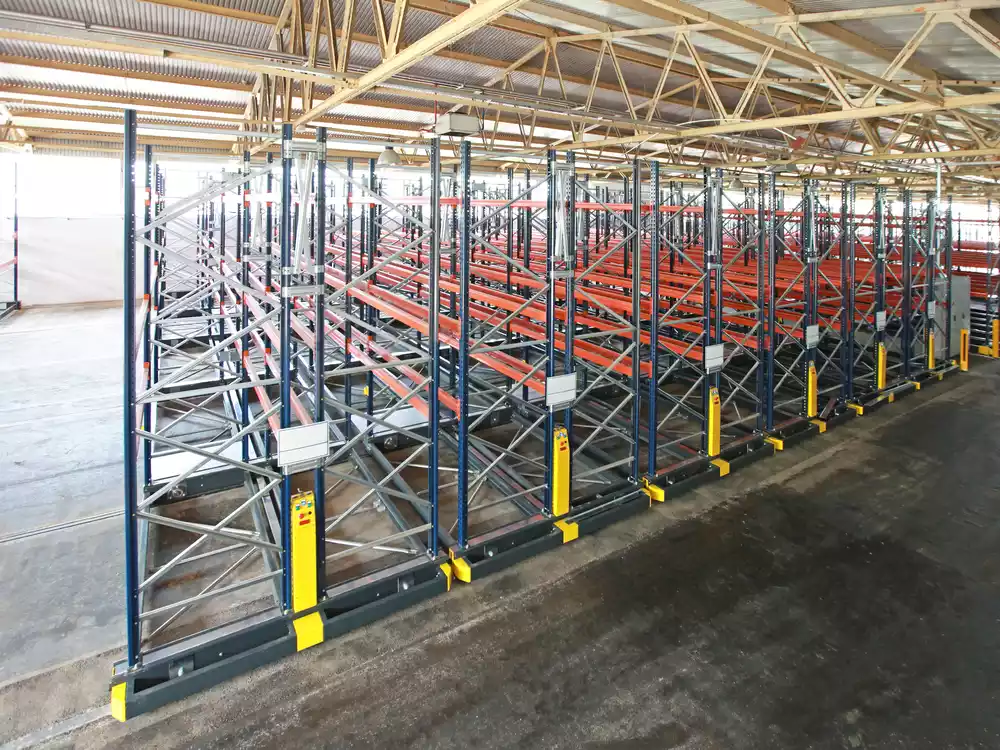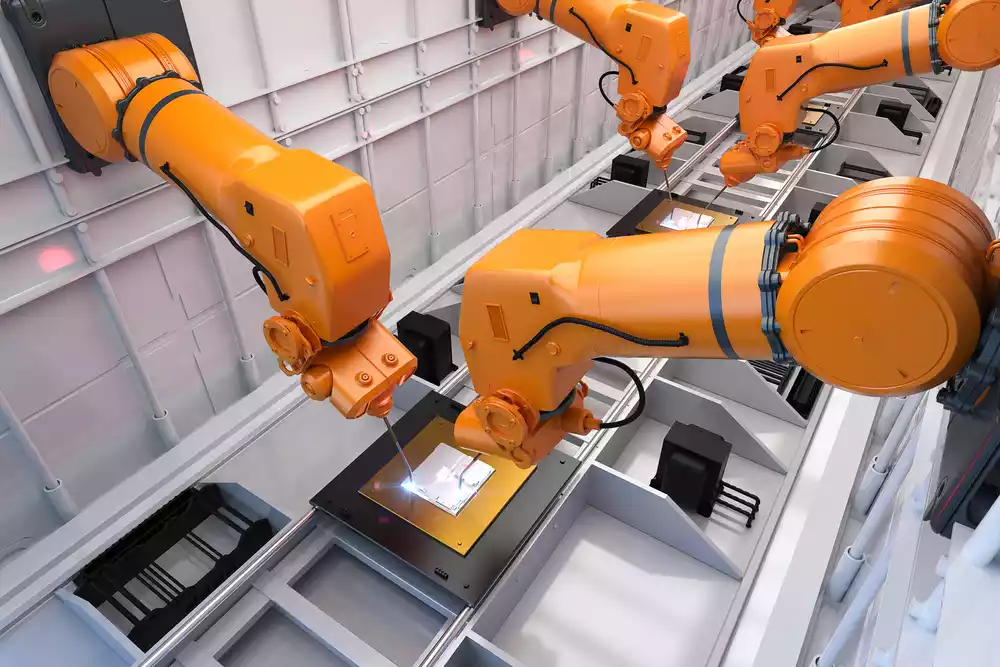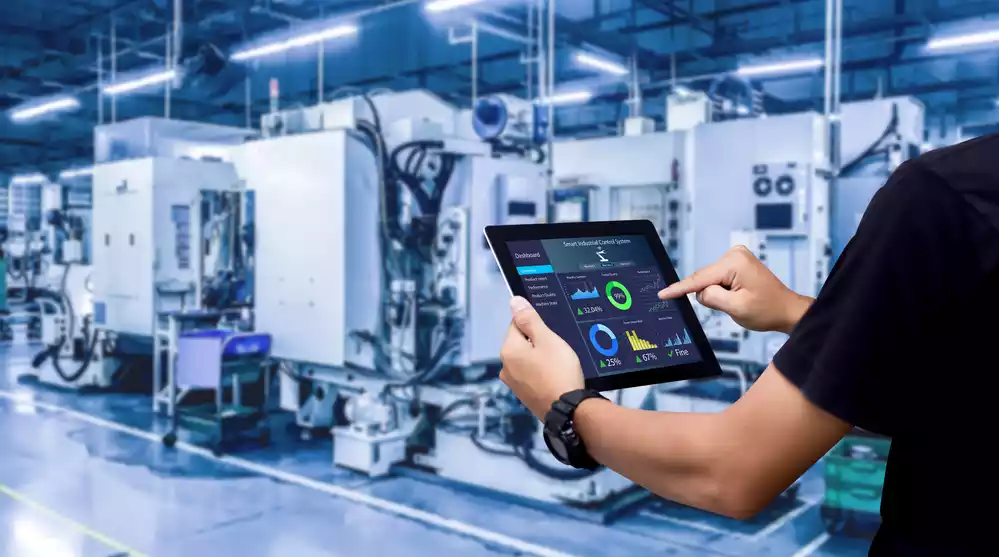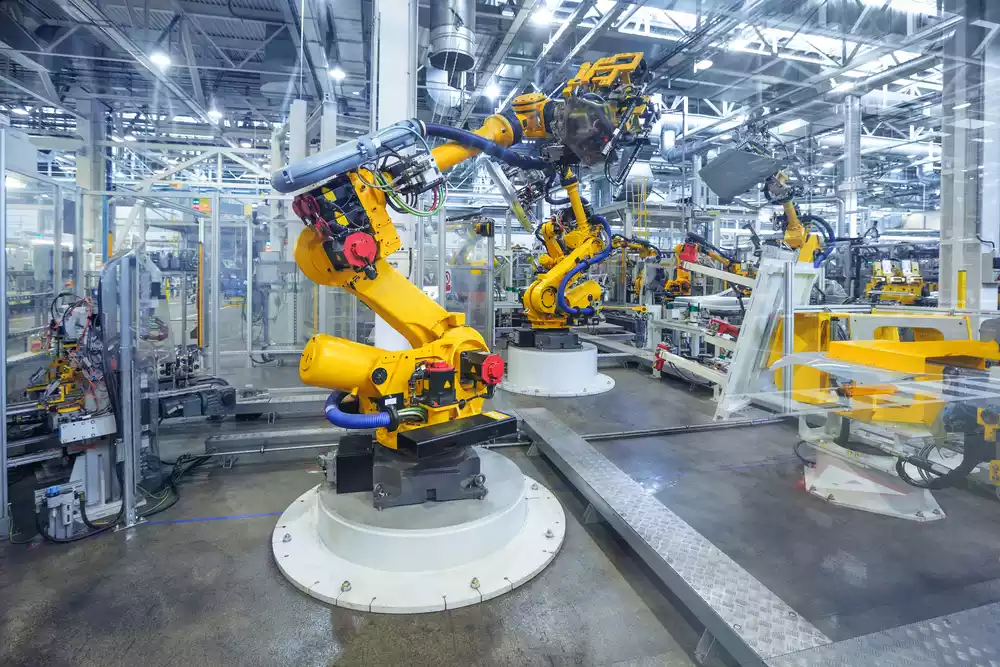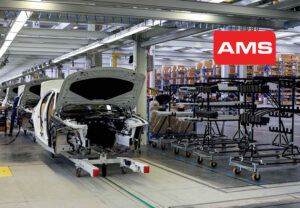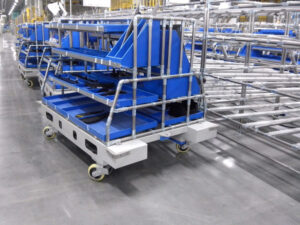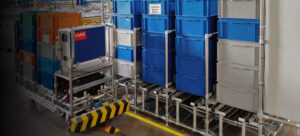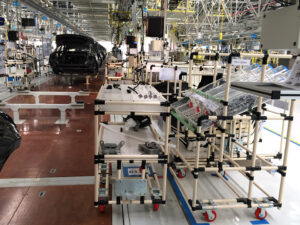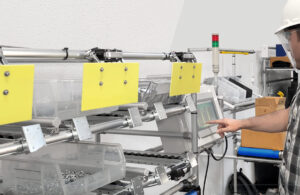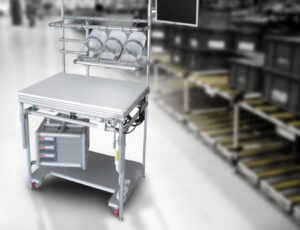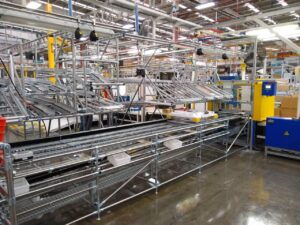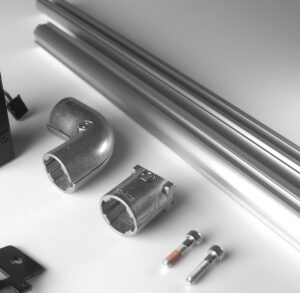Table of contents
Cobots in Manufacturing: The Future of Industry
Certainly, the term cobots in the manufacturing and industrial industry has become popular because this technology is essential to carry out any task, especially in manufacturing and production companies.
Cobots are collaborative technology, which means that they are designed to interact with people in a work environment, so they can be automated into different types of processes that can become repetitive to improve efficiency and productivity, thus avoiding exposing workers to any kind of danger.
The use of cobots in manufacturing has not emerged recently; however, with the help of the advancement of technology, they have become present in hundreds of companies engaged in manufacturing and production in various sectors. They have gone from being tools to becoming autonomous technology, allowing them to collaborate and deliver instant, safe and accurate results.
That is why it is important to know in depth about this new technology; beyond that, it is a modern ally because cobots in manufacturing are technologies that are here to stay.
Advantages of Cobots in Manufacturing
Cobots in manufacturing are a good option if you want to improve efficiency. While human labor may fail in specific processes that require a certain amount of effort or may be repetitive, cobots can achieve this consistently.
This can be applied to any production sector. Within the processes, some most likely require too much effort or too much precision, which in human hands could have margins of error that could affect an entire production line.
This also means that using cobots in manufacturing offers safety for employees as they do not have to expose themselves to processes that endanger their integrity.
The fact that cobots in manufacturing are autonomous does not mean they are independent. However, it is true that the intervention of the human hand in handling this technology is little. It is necessary to have personnel who know how these cobots work to take full advantage of them.
Cobots have the advantage of being flexible as they can be customized to the needs of the company, so instead of looking for a cobot to help a process, the company itself can customize its own and have it adapt instantly to the way it works and its environment.
Cobots vs. Traditional Robotics
There are some differences between cobots and traditional industrial robots. The most significant difference is that industrial robots produce massively, take up a lot of space and remain in a fixed position. On the other hand, cobots in manufacturing are much more compact and take up less space. They can be relocated anywhere without any problem because their sensors recognize their new work area and work with the same efficiency.
There is a difference between cobots and traditional industrial robots, which puts cobots above robots; Because of their intensive activity, traditional robots can become dangerous for the workers, so they cannot be installed without some kind of safety barrier to protect the personnel.
On the contrary, cobots are equipped with several sensors that, in addition to detecting their work area, allow them to stop in case of any obstruction or need. If, for some reason, an employee interferes between the cobot and its process; the cobot would stop immediately and wait until the obstruction is removed before resuming work.
Cobot Integration in the Manufacturing Process
Thanks to the dimensions of the cobots, they can be easily installed in any work area. Once this equipment is purchased, its installation can be done on the same day.
The advantages of seamless integration are all those mentioned above: efficiency, precision, and safety in the area assigned to it.
Although it may seem complicated initially, it won’t take much to adapt and learn how they work. Nowadays, the ease and simplicity offered by cobot software allow that in a few minutes, anyone, even with little programming knowledge, can handle this technology.
Current Use Cases and Applications
Automotive companies are the sector that has benefited the most from cobots in manufacturing. A clear example of these companies could be GM.
Since GM implemented cobots in its production processes, it started a wave in the automotive sector towards having the same efficiency in each product. The company has used and benefited from these cobots in processes such as painting, assembly, and production, as these could take a person hours, while this technology would only take a few minutes.
Challenges and Considerations
Although cobots in manufacturing offer advantages, they also have certain limitations. One of them is that being smaller mechanisms, they can slow down mass production compared to traditional robots.
In addition, as they are more advanced technologies, they usually mean a high cost at the beginning; however, in the long term, you will start to see a return on investment.
The implementation of cobots can be a double-edged sword; on the one hand, it means that human labor will be limited because this technology can quickly fulfill the work of up to 5 employees, while on the other hand, this means that in the future there will be a considerable loss of jobs. These systems indeed need personnel to function correctly; however, a single cobot can easily do the work of an entire production line being handled by a single person.
The future of cobots
Although cobots in manufacturing are an excellent opportunity to perform any type of manufacturing and production without worrying about any kind of error, it must be considered that they will not produce with the same speed as traditional robots.
Although, of course, we must also consider that the collaborative robot has begun to gain strength in recent years. Knowing the advancement of technology, it will not be long before cobots have the same ease of mass production as traditional robots.
That is why we must be aware of all these changes in the industrial sector because being able to count on the technology that helps to improve processes and eradicate any type of error will offer an economic advantage and an advantage over the competition.
We look beyond the scope To surpass your expectations
We understand the importance of retaining a strong working relationship with our customers. AMS provides a niche for everyone through excellent customer care and top-rank products.

